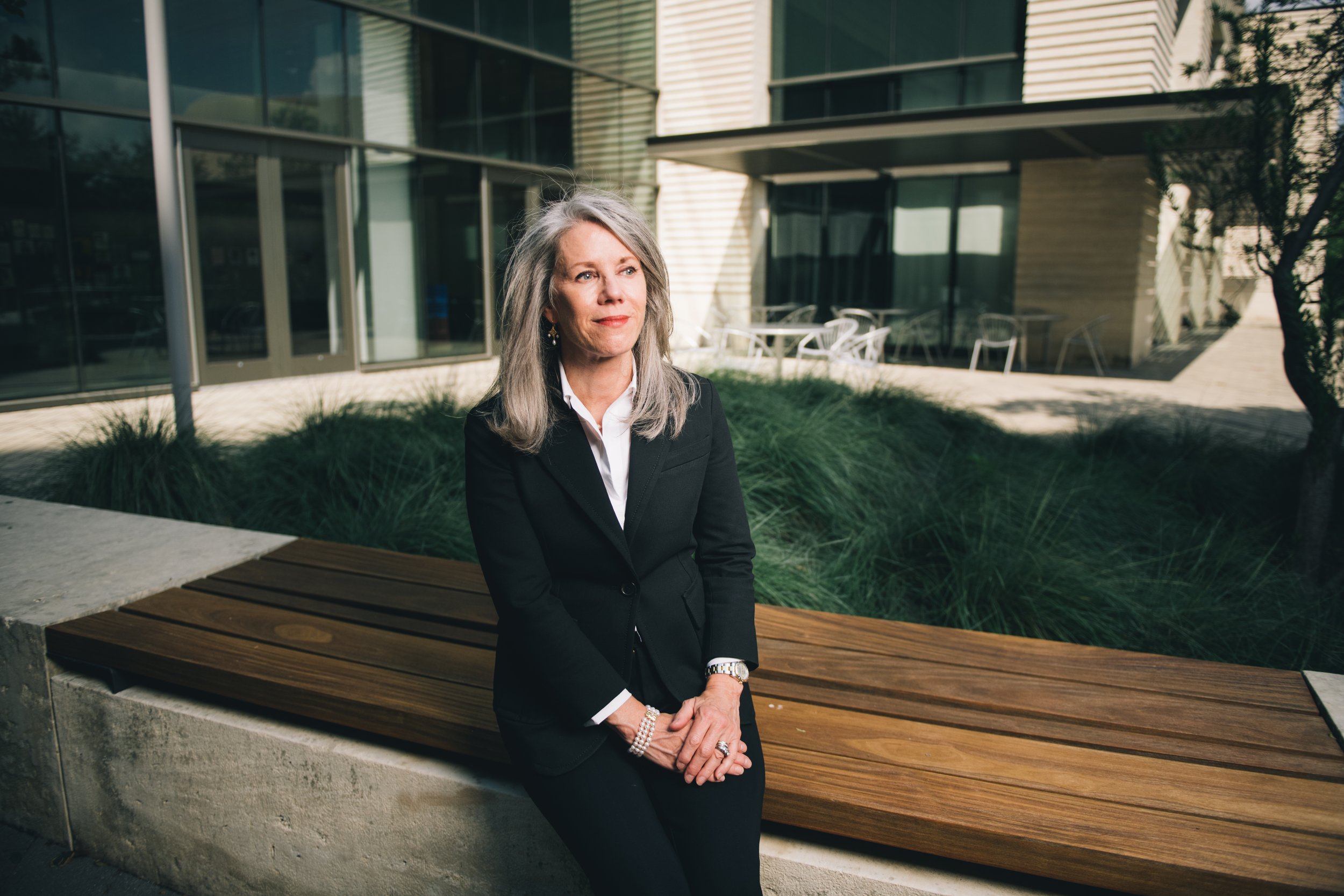
JANE EDMOND, M.D.
In less than five years, Austin, Texas, has become home to a world-class eye care and education program — one that’s focusing on people who need care most.
More than 700,000 children in the United States live with vision impairment, many resulting from retinal, optic nerve or neurological conditions. Care, for many, is far away or too expensive.
Enter Jane Edmond, M.D., one of 30 pediatric neuro-ophthalmologists in the country — and the only one in Texas.
“For most people, vision is the most important of the five senses: Almost two-thirds of the brain is devoted to vision and eye movement,” she says. “It’s a privilege to be able to help restore and improve ocular function — and it’s also really gratifying to help people be able to see and appreciate visual beauty and to find joy that way.”
Edmond, who has operated on and served more than 4,000 children and 2,000 adults over the course of her career, joined Dell Med in 2018 as the inaugural chair of the Department of Ophthalmology and director of the Mitchel and Shannon Wong Eye Institute. Since then, she’s built an academic department, an eye clinic that has already served thousands of Central Texans, and an ophthalmology residency program that received 550 applications for just three positions in its first year.
National Influence: Leading the World's Largest Association of Ophthalmologists
On a national stage, her reputation precedes her: This year, Edmond was named president-elect of the American Academy of Ophthalmology, the world's largest association of eye physicians and surgeons. She’ll leverage that position to advocate for expanding access to care locally and nationwide, both through building relationships with local safety net clinics and recruiting equity-driven residents to the field.
Local Impact: Access to Care for Those Who Need It Most
The thing that keeps her going? “Health and equity in the eye space. When I took this job, there was a waitlist of 900 un- or under-insured adults who had never received eye care, who now have access to sight-saving care through new contracts we created at UT Health Austin. A great part of my reason to come to Austin was to attack problems like this.”

